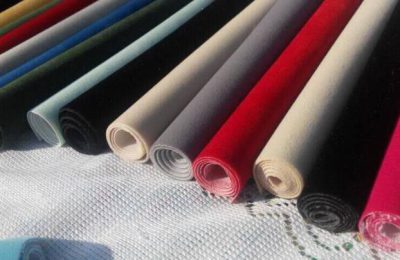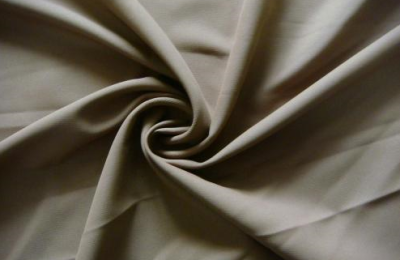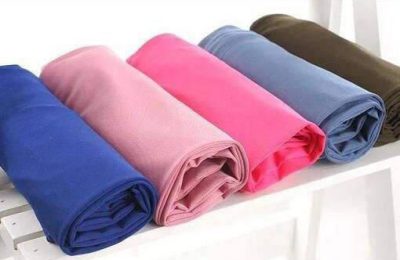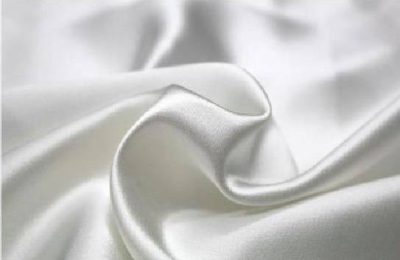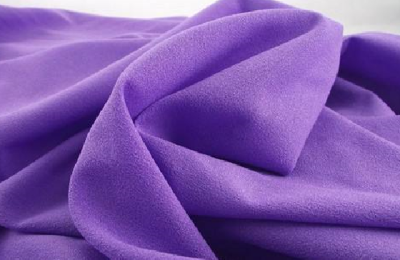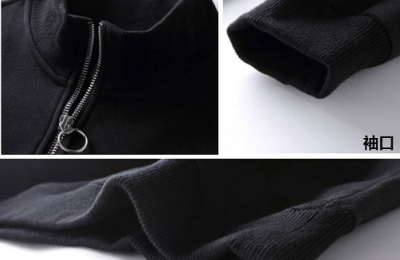In the history of human development, the birth of a major new material also means a change in productivity.
Today, let’s take a look at the impact Japan’s Ro reverse osmosis support fabric has had on people’s lives since its inception.
Non-woven fabric is a kind of non-woven fabric. It directly uses polymer slices, short fibers or filaments to form the fibers into a web through airflow or machinery, and then strengthens it through hydroentanglement, needle punching, or hot rolling. Non-woven fabric after finishing.
A new type of fiber product with soft, breathable and flat structure. The advantage is that it does not produce lint, is strong, durable and silky soft. It is also a kind of reinforcing material and has a cotton feel. Compared with cotton fabrics , non-woven bags are easy to form and cheap to make.
According to the composition, Japanese Ro reverse osmosis support fabrics include polyester, polypropylene, nylon, spandex, acrylic, etc.; different compositions will have completely different styles of non-woven fabrics.
Spunbond fabric usually refers to polyester spunbond and polypropylene spunbond; the styles of these two fabrics are very close and can only be distinguished through high temperature testing.
Suzhou ptfe filter membrane manufacturer supplies Japanese Ro reverse osmosis support fabric, polyester spunbond non-woven fabric, polypropylene spunbond non-woven fabric and other non-woven fabrics. It is located in the national high-tech industrial base, a national historical, cultural and scenic tourist city, Suzhou is one of the important central cities in the Yangtze River Delta.
We have a complete service system, with thoughtfulness before sales, attentiveness during sales, and peace of mind after sales! The company can provide samples and arrange sales personnel for door-to-door service if there are other requirements.
You are welcome to come to the company for inspection or enter the store to consult us at any time.
</p



